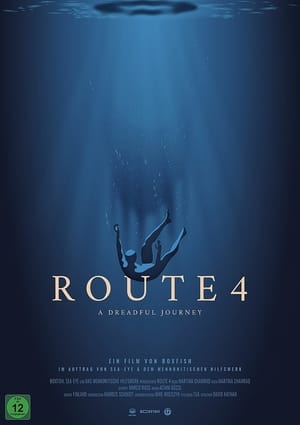

Yes-Ja! The Kwaito Documentary(2011)
A musical trip through southern Africa to the tunes of the post-apartheid generation. Kwaito music originated in the 1950's in the dusty streets of South Africa's townships such as Sophiatown, Pimville and subsequently in Soweto. It is inseparable from the Pantsuela culture of the rebellious youth gangs during the Apartheid regime. Since there was no money for musical instruments or for extravagant costumes, they concentrated on their dancing and singing skills and, turning the streets into their stage. Currently almost fifty years later - Kwaito culture is experiencing a renaissance in a manner completely inconceivable in those days.
Movie: Yes-Ja! The Kwaito Documentary

Yes-Ja! The Kwaito Documentary
HomePage
Overview
A musical trip through southern Africa to the tunes of the post-apartheid generation. Kwaito music originated in the 1950's in the dusty streets of South Africa's townships such as Sophiatown, Pimville and subsequently in Soweto. It is inseparable from the Pantsuela culture of the rebellious youth gangs during the Apartheid regime. Since there was no money for musical instruments or for extravagant costumes, they concentrated on their dancing and singing skills and, turning the streets into their stage. Currently almost fifty years later - Kwaito culture is experiencing a renaissance in a manner completely inconceivable in those days.
Release Date
2011-02-15
Average
0
Rating:
0.0 startsTagline
Genres
Languages:
EnglishKeywords
Similar Movies
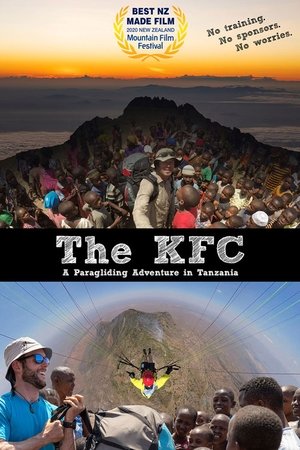 10.0
10.0The KFC(en)
Five Kiwis take on a paragliding adventure in Tanzania, with the ultimate aim to fly from the summit of Mt Kilimanjaro.
 10.0
10.0Frantz Fanon, trajectoire d'un révolté(fr)
Frantz Fanon alone embodies all the issues of French colonial history. Martinican resistance fighter, he enlisted, like millions of colonial soldiers, in the Free Army out of loyalty to France and the idea of freedom that it embodies for him. A writer, he participated in the bubbling life of Saint-Germain with Césaire, Senghor and Sartre, debating tirelessly on the destiny of colonized peoples. As a doctor, he revolutionized the practice of psychiatry, seeking in the relations of domination of colonial societies the foundations of the pathologies of his patients in Blida. Activist, he brings together through his action and his history of him, the anger of peoples crushed by centuries of colonial oppression. But beyond this exceptional journey which makes sensitive the permanence of French colonialism in the Lesser Antilles at the gates of the Algerian desert, he leaves an incomparable body of work which has made him today one of the most studied French authors across the Atlantic.
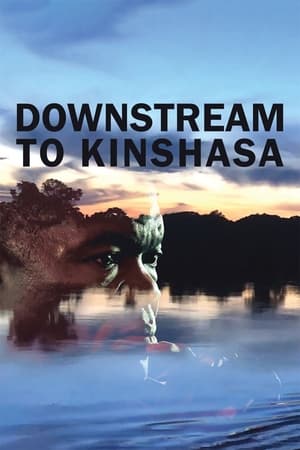 7.3
7.3Downstream to Kinshasa(fr)
For two decades, the victims of the Six-Day War have been fighting in Kisangani for the recognition of this bloody conflict and demanding compensation. Tired of unsuccessful pleas, they have finally decided to voice their claims in Kinshasa, after a long journey on the Congo River.
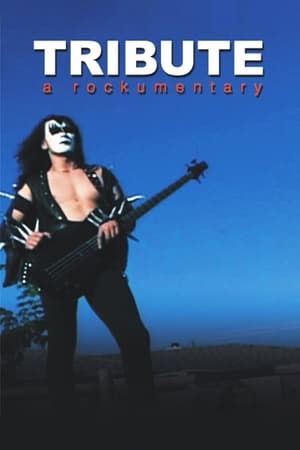 6.4
6.4Tribute(en)
Tribute is a feature rockumentary about music's strangest subculture: tribute bands. Tribute bands go to extraordinary lengths to re-create the experience of rock supergroups like Kiss, Journey, Judas Priest and Queen. Tribute follows the on- and off-stage struggles of tribute bands and their fans in their quest to live their rock dreams. Together they face band members quitting, soul-sucking day jobs, even bandmates who take the impersonation far too far.
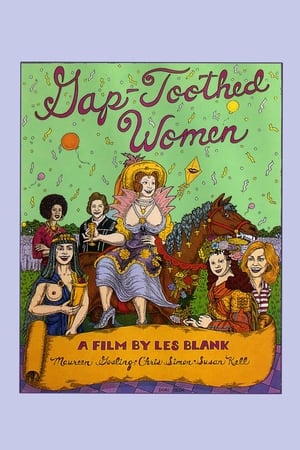 6.7
6.7Gap-Toothed Women(en)
A charming valentine to women born with a space between their teeth, ranging from lighthearted whimsy to a deeper look at issues like self-esteem and societal attitudes toward standards of beauty. Interviews were conducted with over one hundred women, including model Lauren Hutton and Supreme Court Justice Sandra Day O’Connor.
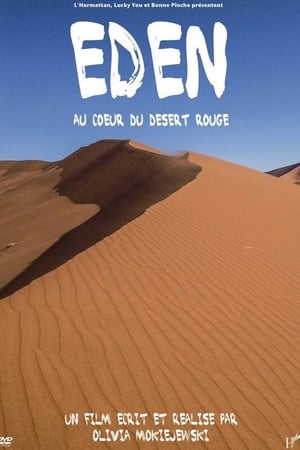 0.0
0.0Eden – In the heart of the red desert(fr)
Namib, an incredible spot is home to the highest sand dunes on Earth, along with 3500 species of plants of incredible diversity, all adapted to the arid climate. Elephants, antelopes, lions, giraffes and rhinoceros roam freely in the Namib with neither fence nor enclosure, as if at the dawn of time. Management of the protected areas has been entrusted to the local people and in particular to the Himba, the dominant tribe of the desert. Underground there are hidden treasures, diamonds, uranium and iron. From the beginning of the 20th century the Namib has attracted miners from all over the world, with an increasing appetite. Today, new mining projects threaten the ecosystem of the region. Olivia crosses the desert from the South to North, sharing the difficult everyday lives of the people of the desert. Exploring this rich but fragile garden of Eden, she attempts to understand why the survival of the desert is so important to the people and animals that live there.
 8.5
8.5The Mexican American War(en)
One of the most controversial conflicts in U.S. history, the Mexican-American War erupted as President James K. Polk sought to extend the borders of the nation to the Pacific, taking by force whatever territory stood in the way. This special, produced by The History Channel and hosted by Oscar de la Hoya, looks at the war from the perspective of both countries, and chronicles the fighting from its inception to its conclusion with the Treaty of Guadalupe Hidalgo.
 6.7
6.7The World According to Irving(de)
John Irving's literary worlds are satirically exaggerated, socially critical, unexpectedly magical. But how do these dazzling, sometimes bizarre, narrative worlds emerge? A unique insight into his writing workshop and a search of the places and people who have become part of his stories.
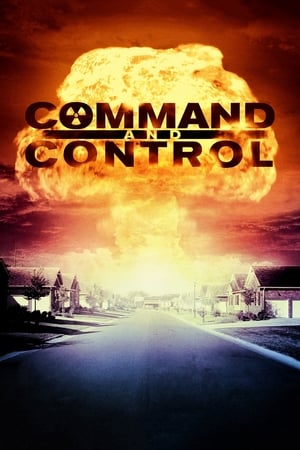 6.8
6.8Command and Control(en)
September 18, 1980, 6:25 p.m., Titan II base in Damascus, Arkansas. On this fateful night an explosion kills an Air Force member and transforms the lives of everyone on the base. Honing in on a single case of so-called “human error”, Command and Control juxtaposes precision on a minute scale against the gargantuan risks inherent in the United States’ aggressive nuclear proliferation policy during the Cold War.
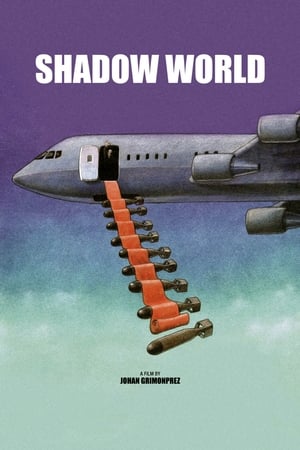 7.4
7.4Shadow World(en)
A detailed investigation into the political and economic interests that, since the beginning of the 20th century, have pulled the strings of the arms trade, hidden in the shadows, feeding the shameful corruption of politicians and government officials and promoting a state of permanent war throughout the world, while they cynically asked for a lasting and universal peace.
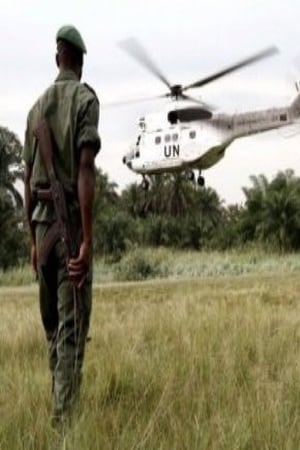 0.0
0.0Africa in Pieces: The Tragedy of the Great Lakes(fr)
April, 1994. Genocide in Rwanda. 800,000 dead. A catastrophe that upset the balance in the entire region. The Great Lakes region of Africa ended the year with a bloodbath. This documentary shows the intrigues, the dramatic effects, the treasons, the vengeances that prevailed over those years and whose only goal was to maintain or increase each faction’s area of influence. In just ten years, the population saw all their hopes vanish: The dream of an Africa in control of its own destiny, alimentary self-sufficiency, the end of interethnic conflicts
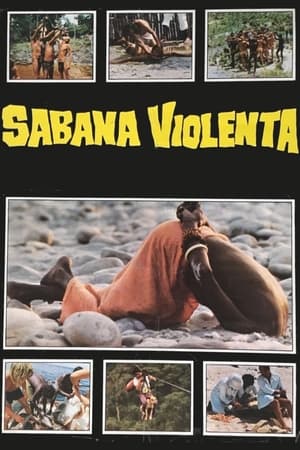 6.2
6.2This Violent World(it)
An attempted exposé of worldly violence using various scenes of graphic human and animal behaviors.
 8.0
8.0I Am My Films: A Portrait of Werner Herzog(de)
Interview film with German director Werner Herzog revisiting the films he made up to ca. 1977.
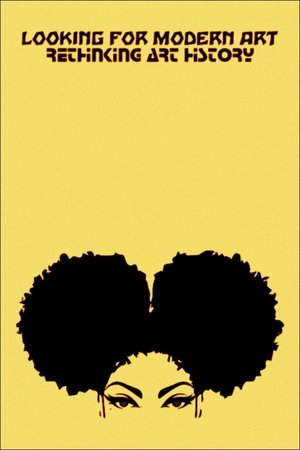 5.5
5.5Looking for Modern Art: Rethinking Art History(de)
Many twentieth century European artists, such as Paul Gauguin or Pablo Picasso, were influenced by art brought to Europe from African and Asian colonies. How to frame these Modernist works today when the idea of the primitive in art is problematic?
 6.3
6.3Blood Lines: Dracula - The Man. The Myth. The Movies.(en)
Short documentary on the making of Francis Ford Coppola's "Dracula" (1992).
9/11 Truth: Hollywood Speaks Up(en)
A documentary concerning the views of those in the movie industry, pertaining to the subject of 9/11.
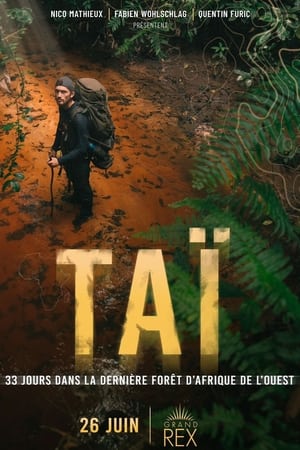 0.0
0.0TAÏ: 33 days in the last primary West African forest(fr)
After having discovered the TAÏ forest 6 months earlier , The exporer Nico Mathieux promised himself that he would be comming back to try and be the first ever to traverse the very last primal forest of west africa from north to south
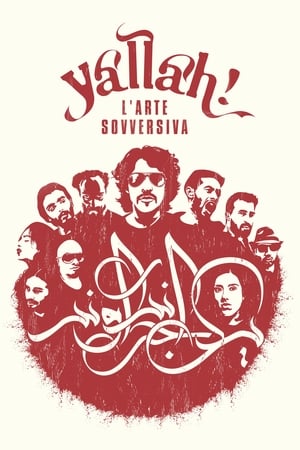 6.0
6.0Yallah! Underground(en)
Yallah! Underground follows some of today’s most influential and progressive artists in Arab underground culture from 2009 to 2013 and documents their work, dreams and fears in a time of great change for Arab societies. In a region full of tension, young Arab artists in the Middle East have struggled for years to express themselves freely and to promote more liberal attitudes within their societies. During the Arab Spring, like many others of this new generation, local artists had high hopes for the future and took part in the protests. However, after years of turmoil and instability, young Arabs now have to challenge both old and new problems, being torn between feelings of disillusion and a vague hope for a better future.
